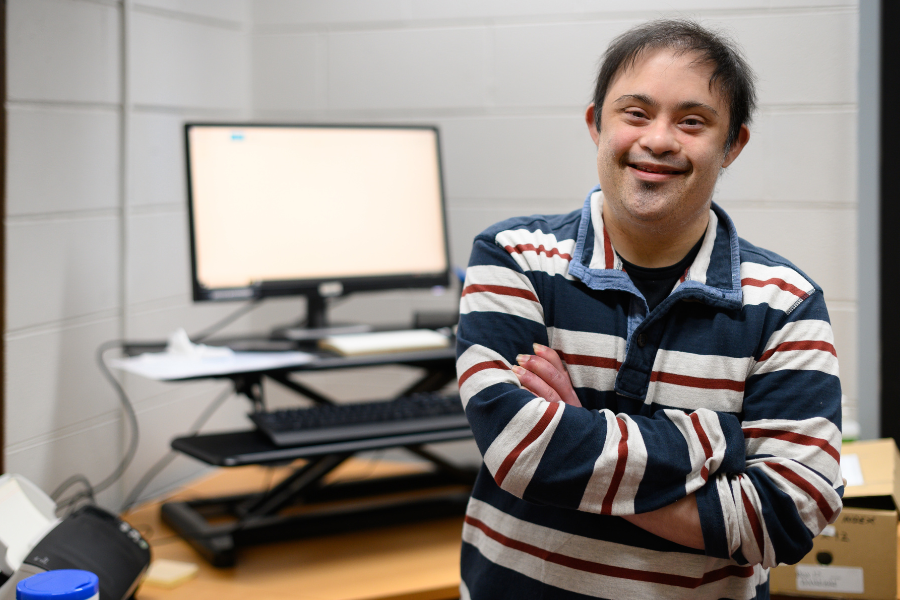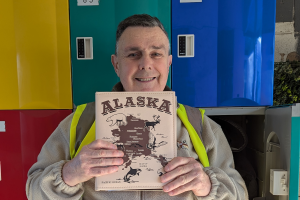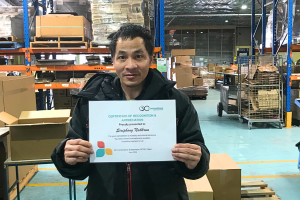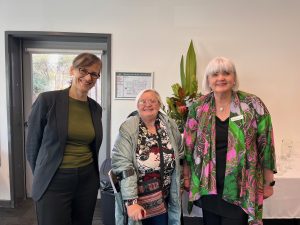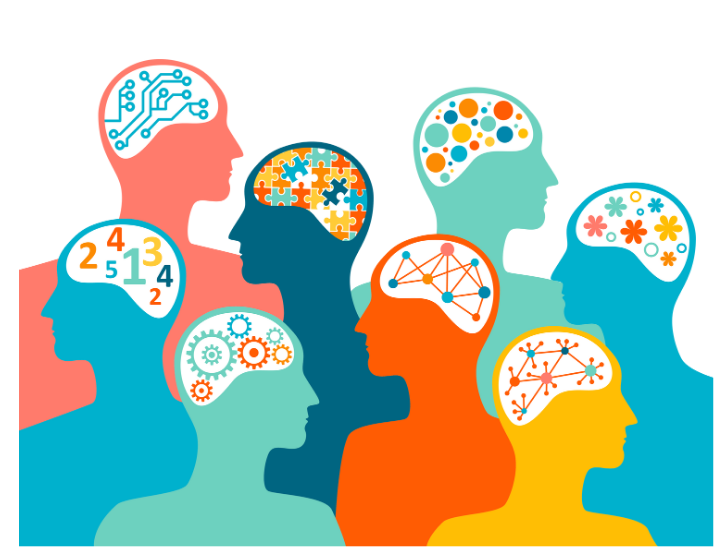
For this blog, we will be using “neurodiversity” to describe:
- autism
- ADHD
- intellectual and developmental disorders
- Downs Syndrome
- and psychiatric disorders
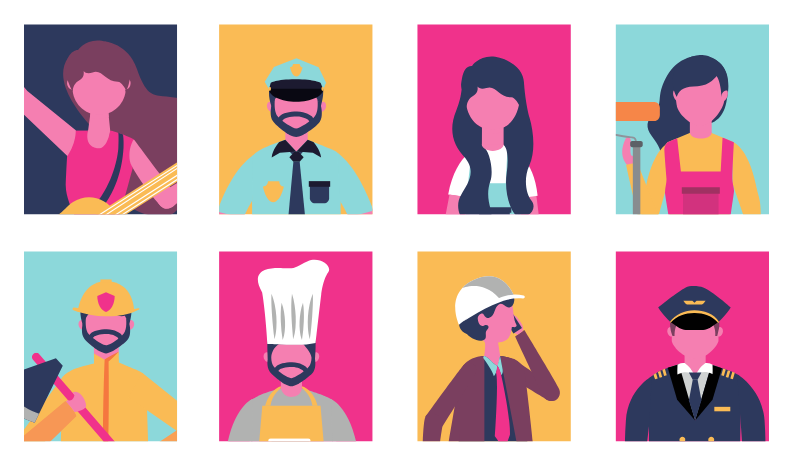
Employment is an important part of people’s lives.
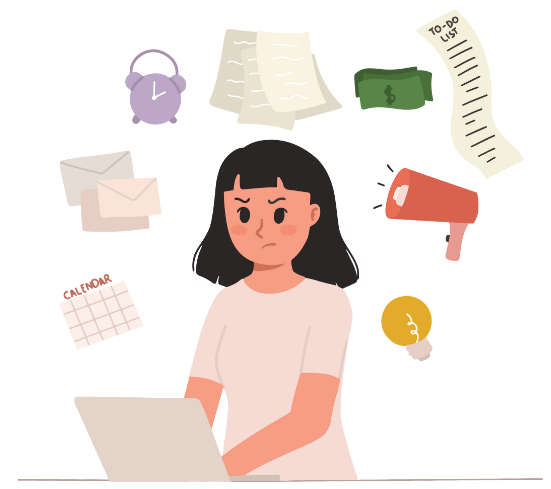
You get paid for your work, you contribute to the community, and you can make friends.
People living with disabilities face barriers to employment, but more and more, they are breaking through.
Barriers to working with a disability

Adults often ask children:
“What do you want to be when you grow up?
Children are encouraged to think about work at a very early age.

Neurodiverse children and children with disabilities are often not asked the same questions.
Sometimes, they are treated like children all throughout their lives.
This makes it hard for them to see themselves in the workplace.
They feel they’ll need more support than employers can provide.
But work is important for so many reasons.

Building friendships and feeling like part of the community.
Finding your purpose/meaning in life.
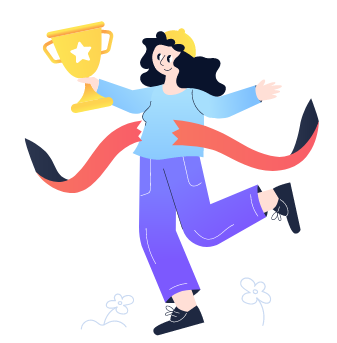
Choice, control, and financial independence.
Feeling accomplished and valued.

Neurodiverse people are very passionate.
People with disabilities deserve encouragement to strive for the same opportunities as everyone else.
What does disability look like in the workplace?
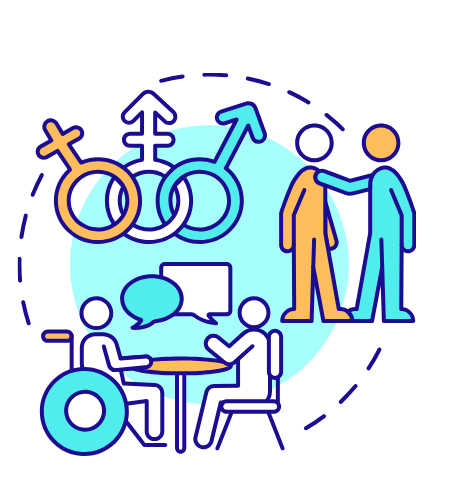
One reason why employers hesitate to hire people with a disability is the time and cost of “extra support”.
But every employee has employment support.
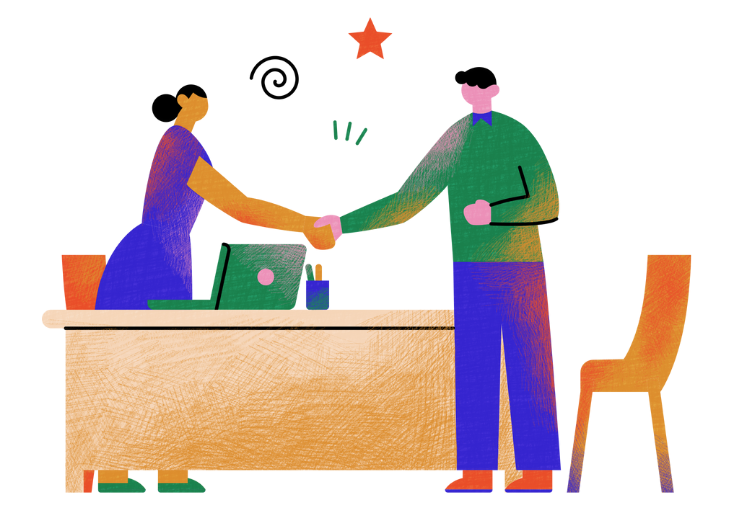
Many support structures already exist in the workplace, regardless of ability.
Neurodiverse workers often fit into existing supports and don’t need new structures to be made.
What types of existing support would help you in the workplace?
Support can be offered in a number of ways:
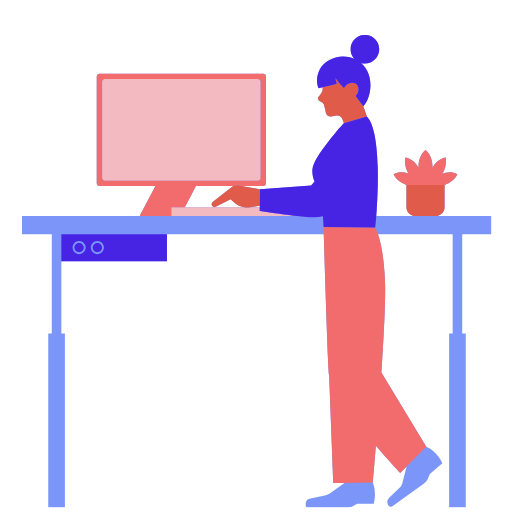
Standing desks and custom chairs.
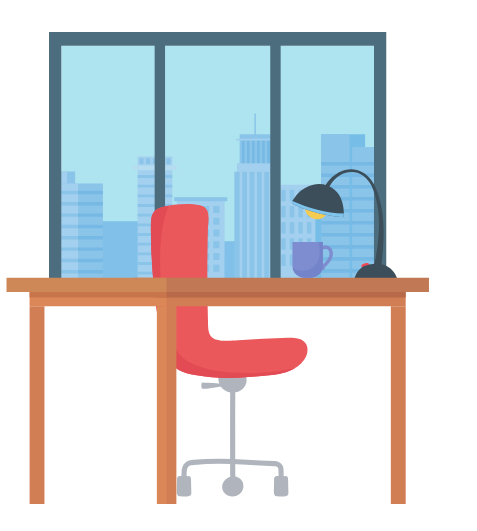
Hybrid working environments and access to windows.

Free use of accessibility accessories and technology.

Social opportunities to build relationships with coworkers.
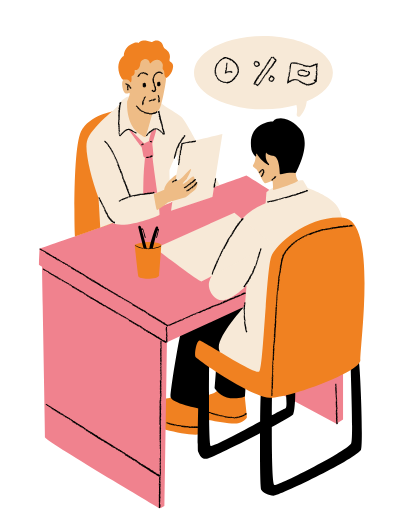
One-on-one catch ups with supervisors to check in, open door policies to ask questions.

Written tasks instead of verbal, using simplified language.
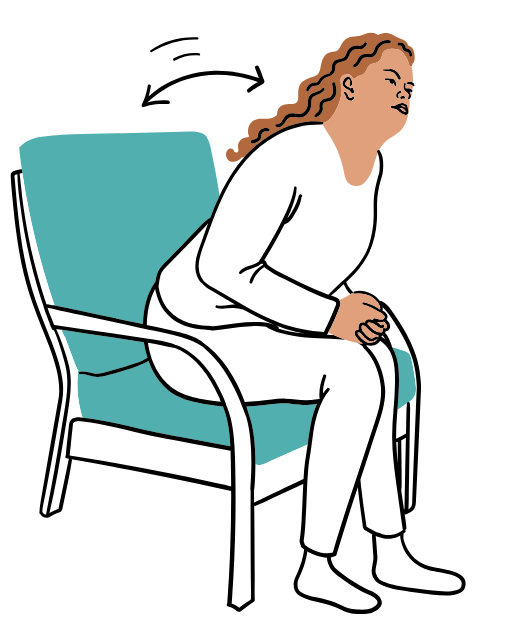
Regular breaks throughout the day to stim, move and rest.
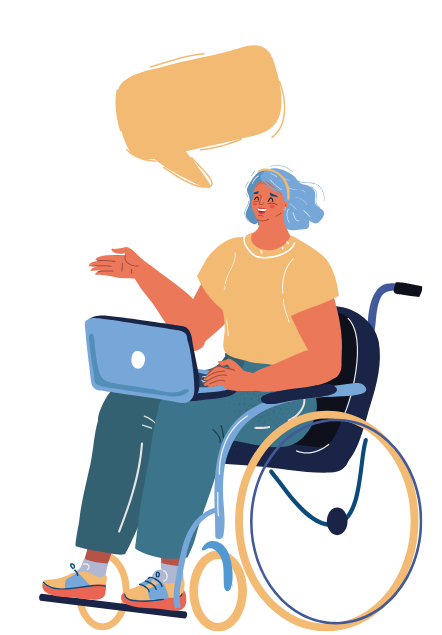
Encouraging feedback instead of criticism.
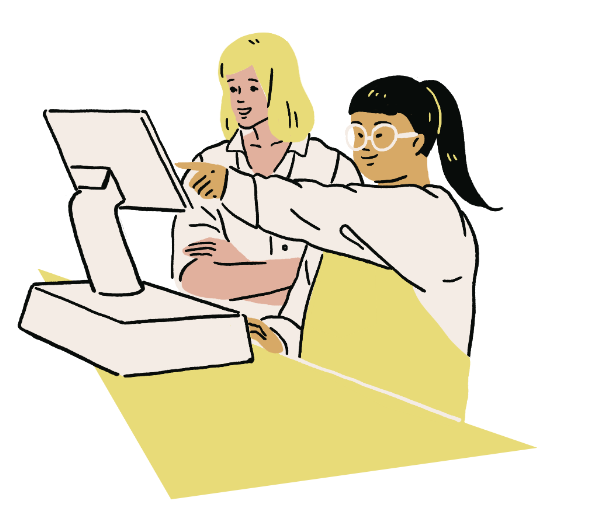
Walking someone through a task that they don’t understand.
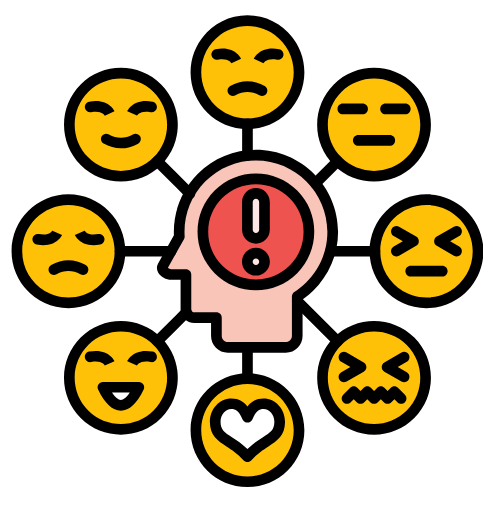
Options for communicating feelings such as picture boards.
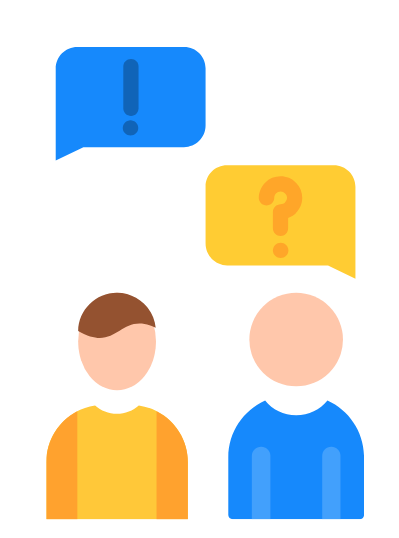
You can also get support from organisations such as OC Connections Enterprises.
We help you navigate your job search and find work that suits your needs and ambitions.
People with disabilities belong in our workforce.
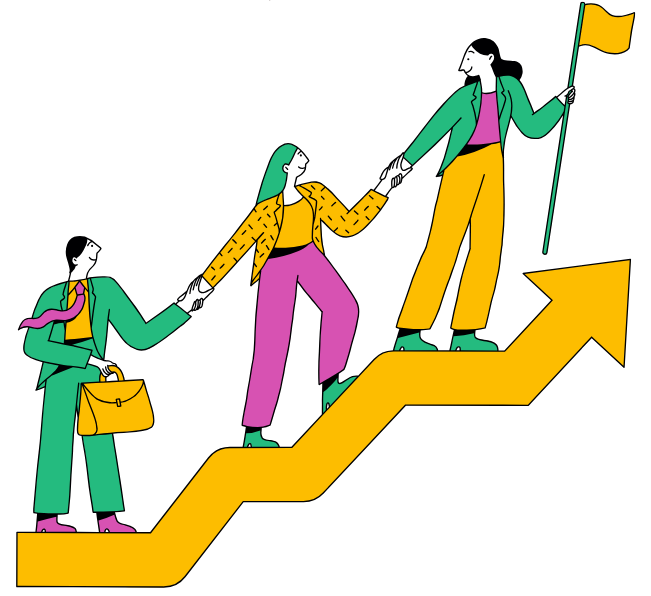
The more people with disabilities in the workforce, the more opportunities open up.
It shows everyone what people with disabilities are capable of.
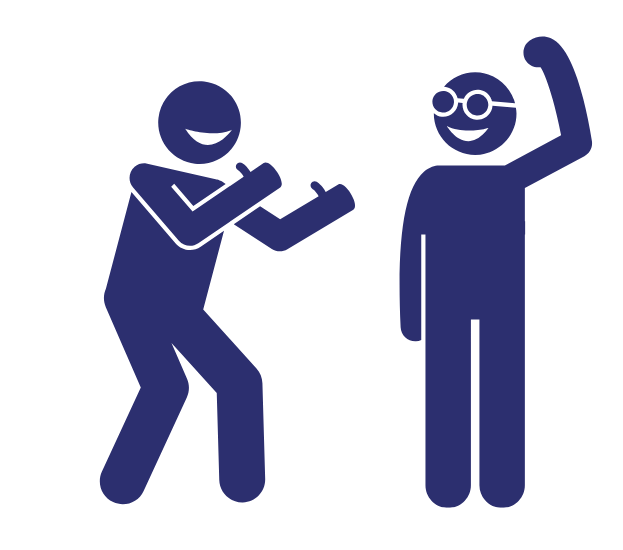
The more we talk about disability in employment and encourage neurodiverse children to think about work, the sooner inclusivity becomes the norm.
And in time, diverse workplaces will just be workplaces.

